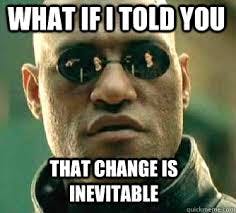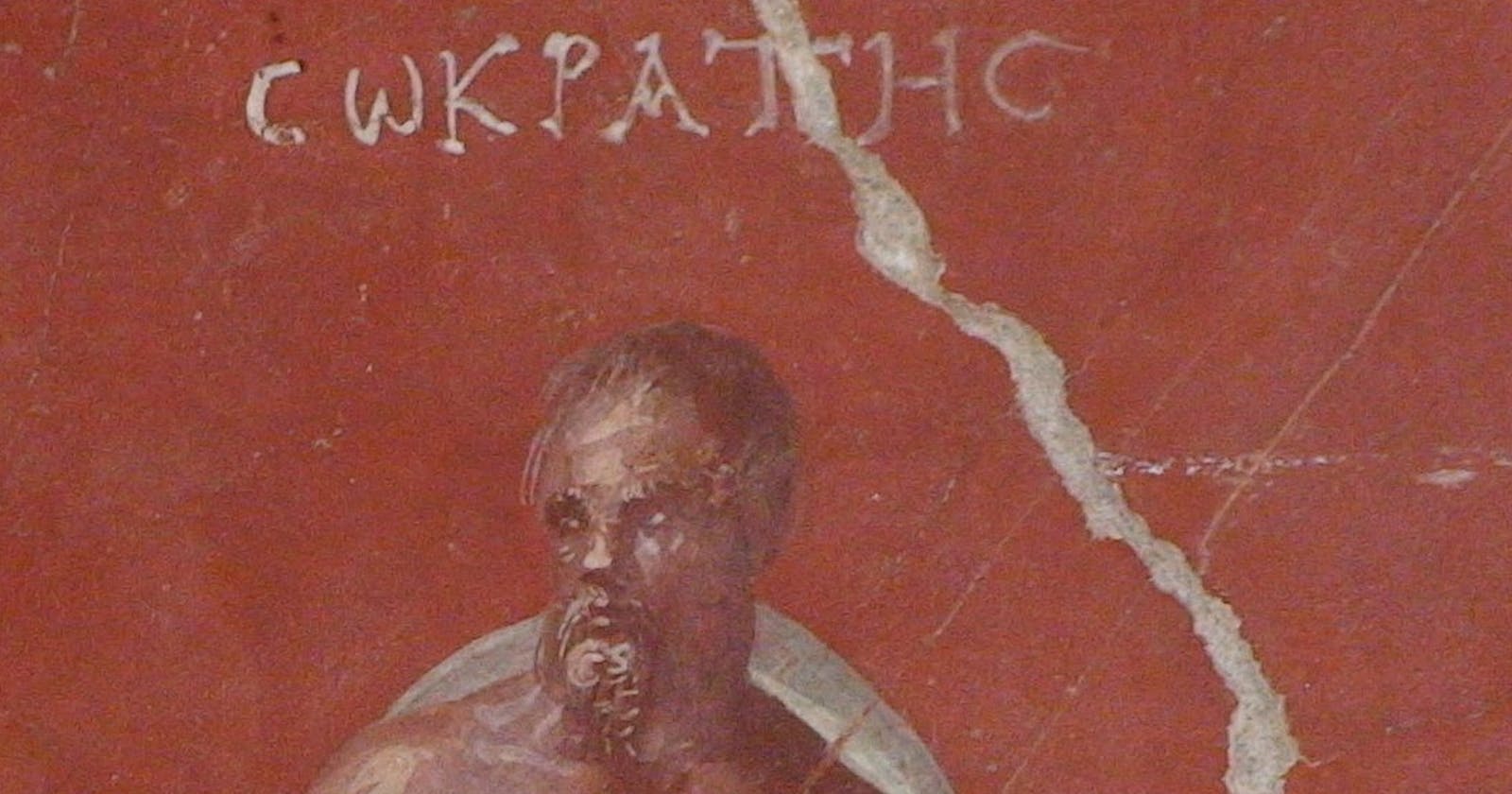Summer is a perfect time to have a long and relaxing vacation. And it's also an opportunity to learn something new, especially when you are visiting new places. Most places have museums and galleries that preserve the history, culture, and vibe of old times.

One gallery had a portrait of a man with a very small detail that got my attention and triggered my interest. A strongly readable phrase in Latin "Ne quid Nimis". Could it be something important to a man, something that he was vividly willing to show to differentiate himself? You don't see it often in other paintings, literally, the majority of them don't have any phrases.
After some investigation, this phrase is an interesting one. it's one of the first fruits of sage's wisdom that is said to be carved at the Temple of Apollo (Delphi). Writing what was in Socrate's opinion on every man's lips, but in a kind of laconic brevity.
And there are actually three phrases (maxims) that have extended meaning when combined:
- Know thyself! "Temet Nosce"
- Nothing in excess (or, too much)! "Ne quid Nimis"
- Make a pledge…!
How a man that is driven by these maxims would behave in such Agile world nowadays? Let's have fun philosophizing this!
Know thyself!
The first, ‘know thyself’, had been Socrates’ personal quest, since the Oracle of Delphi pronounced him ‘the wisest of all men`.
People make themselves appear ridiculous when they are trying to know obscure things before they know themselves
A man should know his own limitations and pay attention to the opinion of the multitude.
From an agile perspective this is continuous learning and reflection:
- Continuous attention to technical excellence and good design enhances agility.
- At regular intervals, the team reflects on how to become more effective, then tunes and adjusts its behavior accordingly.
Nothing in excess
The second, ‘nothing in excess`, in a word, temperance, was the code of conduct which Socrates girded his entire being—body, mind, and soul—with towards completing that quest.
From agile perspective this is continuous learning and reflection:
- Simplicity--the art of maximizing the amount of work not done--is essential.
- Agile processes harness change for the customer's competitive advantage. (Anything excessive might not be welcomed).
And if you are honest with yourself, then likely you would agree with the following too:
So nothing in excess is a lean way of thinking that implicitly saves your resources and guides your energy into a more meaningful, sense-full way of committing to virtually anything.
Make a pledge...!
As for the third, ‘make a pledge’, was the final movement of consecration by which Socrates crowned that quest as the telos of his life.
Diogenes Laertius says this about the maxim in his biography of Pyrrho:
… the sayings of the Seven Sages are said to be skeptical, for example, “nothing in excess,” and “a pledge is a curse,” which means that anyone who reposes his trust firmly and confidently invites his own ruin.
in his essay On Compliancy, Plutarch says that men who are too shy or timid to say no may meet with loss in money matters...
Also by lending to those whom they do not trust and by giving security to those for whom they do not wish to give it, and while they praise “give a pledge, and mischief attends,” they are not able to apply it to their affairs.
This is a tricky one.
Firstly, make sure that you are prepared to say "no" to the person you don't trust. Secondly, don't force yourself to give security under pressure to whom you would not wish to give it. Thirdly, giving a pledge just because you have it could be considered a frivolous act or even an offensive act.
If from an agile perspective trust between the receiver and deliver is a fundamental need, then what this maxim would mean for the modern agilist?
Is it about people relations? Or maybe about fundamental flaws of thinking, that are applicable both to yourself and the others?
To me, it's about having distinct segregation between business and technical personnel. Business owners should not draw architectural diagrams, and should not tell tech guys which microservices they need. Tech guys should not trust business owners to give any valid input on this topic, but rather get a good understanding of what business needs to succeed, and then apply technical knowledge and own experience to refine the needs into the technical proposal and later into actually working software that makes sense.
Bidirectionality of maxims
know your limitations <--> nothing in excess <--> don't trust people incompetent to make decisions in your knowledge domain
Forward reading: If you don't know your limitations, then you would do unneeded and excessive efforts, likely by trusting incompetent people to make some crucial decisions that in the end could result in a catastrophe.
Backward reading: If you allow incompetent people to gain trust in your knowledge domain, the excess amount of work will limit your quest for self-development and bring you mischief.
Bonus: I know that I know nothing

Scio me nihil scire - to modern agilist could be associated with continuous learning (inspect and adapt). The change is inevitable. You either iterate or die.
